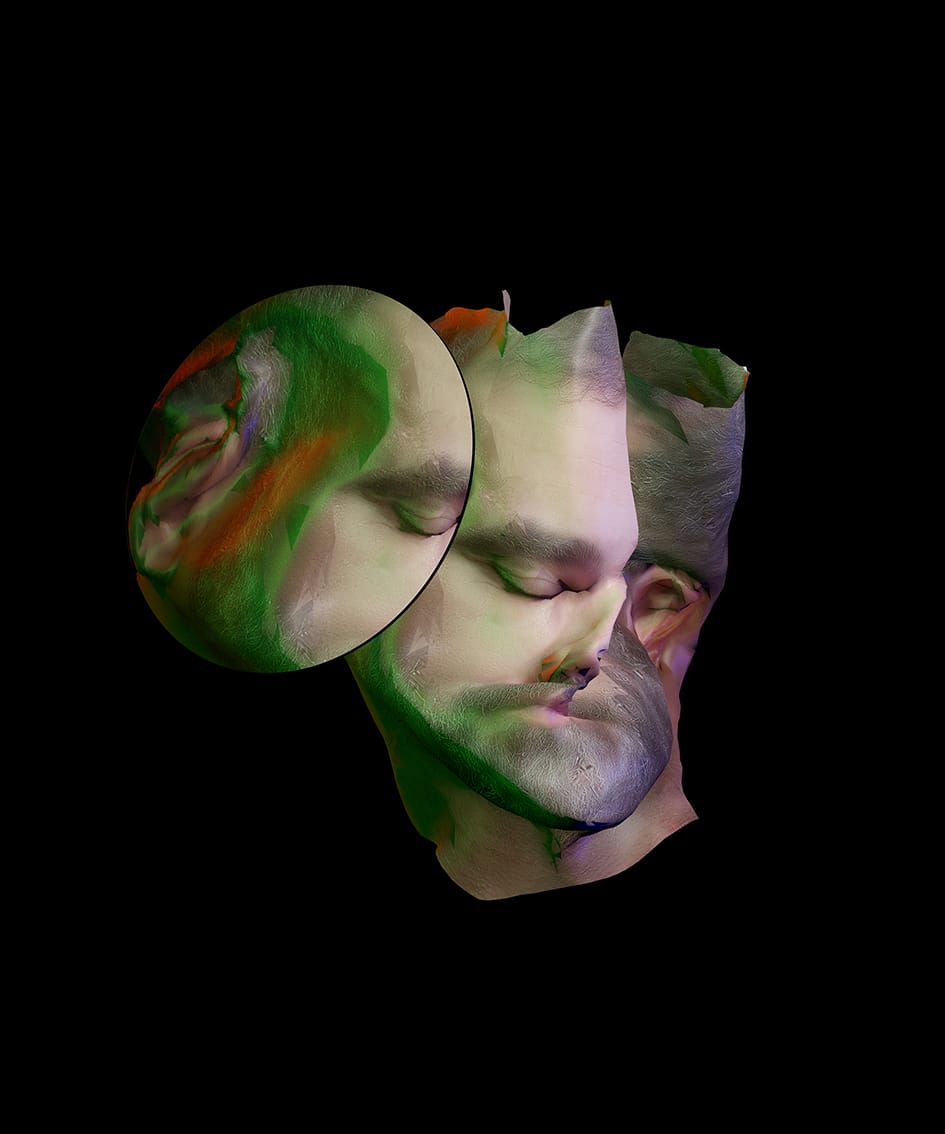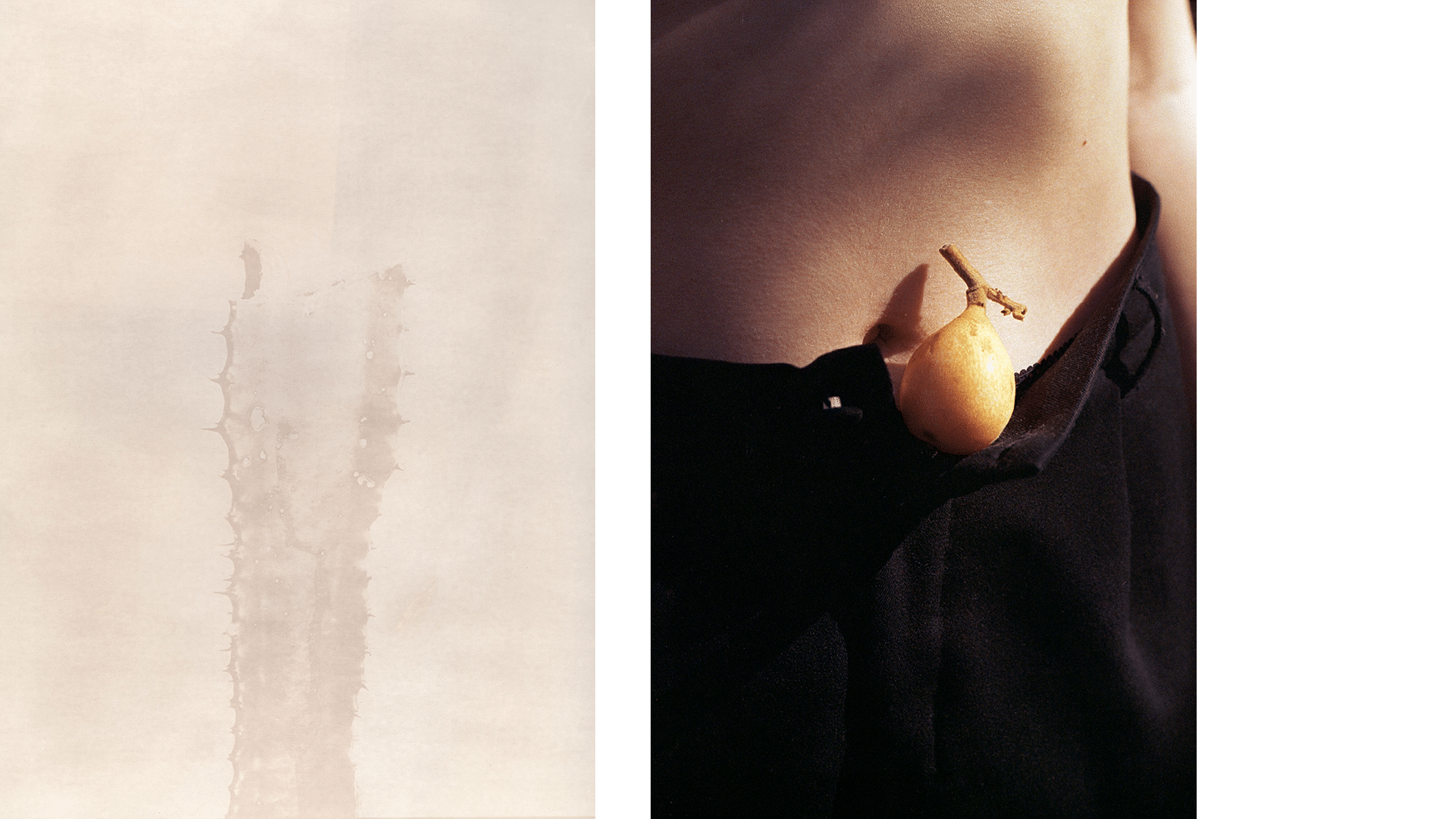Remapear as margens: hipsografia do centro
When in the nineties the death of photography was predicted by thinkers like Robins, Manovich or Mitchell, it was still a long time before we would see the changes in grammar and concepts, in the forms and backgrounds of the medium, but everything indicated that there would be a new paradigm that would lead us to a collective exercise to rethink photography. An unparalleled period begins slowly, perhaps the most important in the history of photography, in which authors from all over the world would react to the established academism and, as a result, reflect in order to restart the paths of the image that were almost exhausted, to distance themselves from the idea of capture and accumulation and delve deeper into the concept. Reusing made images and re-photographing will be, since then, a constant to resignify our vision and stay here.
Through the different proposals of the artists, transits between the personal and the political are created on the way through the old Matias Factory, making it difficult to distinguish between what is strictly one or exclusively the other. This reminds us of the well-known slogan “the personal is political,” a phrase that became popular in the 1970s after the publication of Carol Hanisch’s essay “The Personal Is Political,” which, like what happens in this exhibition, seeks to highlight the connections between personal experience and major social and political structures. In short, by individual discourses remapping the margins, we arrive at a global discourse that rebalances and hypsographs a new center.

Carlos Trancoso
Beatriz Chaves
Francesca Faulin
Pedro Malheiro
Maria João Salgado
Francisco Ascensão
Joana Dionísio
Sandra Teixeira
Carlos Trancoso
Sandra Valle
Curator: Vítor Nieves
Production: Instituto de Produção Cultural e Imagem (IPCI).
Beatriz Chaves. (Porto, 1999).
Graduated in Theories of Audiovisual Communication, in the School of Media Arts and Design in 2020, she also did a semester under the Erasmus program, in Krzysztof Kieślowski Film School, in Katowice, Poland. Recently he attended the Master in Artistic Photography at IPCI.
He participated in several exhibitions in the city of Porto organized by the collective Espaço399.
His work develops through various processes, such as video and photography, exploring the spectrum between them. Something constantly present in her work is the exploration of texture through the intimate and the sensorial.
Francesca Faulin. (Venice, Italy, 1985).
She graduated in Sociology and Intercultural Communication at the Universitá degli Studi di Milano.
After working and living in Berlin for six years she moved to Lisbon, where she works as a digital marketing consultant. She recently completed a Master in Artistic Photography at IPCI Lisbon.
Her creative work focuses on photography and writing, creating visual narratives, and experimenting with analog processes. She has presented her work in Lisbon at Livraria Ferin, Ler Devagar and NaEsquina, self-published a zine and has presented a maquette of her latest work “Perché ti ricordi sempre”.
Pedro Malheiro. (Matosinhos, 1972).
Resident in Porto, where he graduated in Business Management.
In parallel, he developed an interest in the creation of images, having started a photographic practice complemented with painting and drawing classes. In 2015 he decided to start studying Photography at IPF (Porto) and in 2019 he completed the Master in Artistic Photography at IPCI, also in Porto.
He was awarded an Honorable Mention in the Novos Talentos FNAC Fotografia and was a finalist in the International Photography Grant in the documentary category. Recently, he was selected by Anthony Luvera in the call integrated into the cycle “Encontros do Olhar” taking place at IPF Porto.
He has presented numerous works in collective exhibitions. He exhibited his work “Yvonne” at the Photoalicante 2020 festival as part of the exhibition “Después del documento, fotografia portuguesa para la nueva década”.
He is currently attending the course “Theories of Modern and Contemporary Art” at the Faculty of Arts of the University of Porto while developing personal photographic projects.
In her artistic practice, she works and experiments with photography in its different approaches, formats, and materials.
Maria João Salgado. (Braga, 1992).
She studied photography at the Portuguese Institute of Photography (IPF) and specialized at the Institute of Cultural Production and Image (IPCI) with the Master of Artistic Photography.
Since 2015 she has been developing projects based on documentary language, mainly about human rights and oppressed communities. Currently, she is focused on a more intimate work with different approaches where she questions personal stories recreating memories and experiences of the past to better transition into the present.
Francisco Ascensão. (Porto, 1991)
He studied at Oslo School of Architecture (AHO) and is an architect by FAUP (2015), having been awarded the Sílvia Viana de Lima prize. In 2021, he completed the Master in Artistic Photography at IPCI (Porto).
Between 2012 and 2013, he was director of the photography club AEFAUP and in 2013, he was co-editor of the magazine “Dédalo”. He collaborated with the architecture offices Correia Ragazzi (2014), in that of Vylder Vinck Taillieu (2014-2016), and collaborates, since 2016, with the architect Nuno Brandão Costa. He develops, in parallel, architecture projects of his own authorship. In 2017 he created with Luca Bosco the photographic project “Atlante”. In this context, he photographed the book “Porto Brutalista”, published by Circo de Ideias in 2019.
Her photographic work focuses on the territory, the city, and architecture, questioning our condition as users and builders of urban and social identity.
Joana Dionísio (Porto, 1993).
She graduated in Product Design from ESAD in 2014 and in Audiovisual Communication Technologies by ESMAD in 2017. In 2021 she concluded the Master in Artistic Photography at IPCI. She has exhibited her work at Encontros da Imagem, CPF, Palácio das Artes, Bienal de Bienal de Cerveira, at Galeria Municipal Vieira da Silva, at PB27 Gallery, among others. Her “Lady perfection” video was nominated for best director in the Porto Fashion Film Festival. Recently she was a finalist in the Loures Youth Biennial Contest and was selected selected in the call integrated in the cycle “Encontros do Olhar” at IPF.
Her work is characterized by a strong autobiographical strand that explores themes such as identity, archive and memory, reflecting on how the human being relates to himself and with himself and the world.
Sandra Teixeira. (Guimarães, 1993).
In 2018 she completed her master’s degree in Audiovisual Communication (Documentary Photography) at ESMAD. She collaborated with the research group CCRE (FAUP) where she worked with Scopio Editions in the area of Landscape and Territory Photography.
Continues in constant training in courses such as Office of Conservation and Restoration of Graphic Documents and Illustration, Printing, Publishing (FBAUP). And in 2021 concluded the Master in Artistic Photography at IPCI.
He has participated in artistic residencies and in solo and group exhibitions.
His work is the result of a fascination for nature with more sustainable practices based on research in disposable supports and materials and new methods of image affixation.
Carlos Trancoso. (Bragança, 1989).
He uses the photographic eye in a critical perspective on the relationship between human beings and technology. His work aims to challenge established patterns of interaction and image creation in contemporary society. Although he uses mainly fictional approaches, his work is inspired by the language of documentary photography, creating camera-less images, mixed techniques, and computer-generated images.
She has recently exhibited at festivals such as Photoalicante in Spain, Backlight in Finland, and the Maia Biennial in Portugal.
Sandra Valle. (Lisbon, 1977).
She studied Industrial Design at IADE, and Architecture at IST, in Lisbon. Later she did a post-graduation in Discourses of Contemporary Photography at FBAUL and a Master in Artistic Photography at IPCI.
In his artistic practice, the influence of architecture is a preponderant element, either in the portrait of urban landscapes or in the creation of models that simulate them, in a search that wanders between issues such as identity, place, and non-place, light and shadow, emptiness and time.

Sandra Teixeira
Beatriz Chaves
Exhibition
Opening on May 27th
Fábrica do Matias, Amarante
On show until July 3rd
Previous Activity
Next Activity